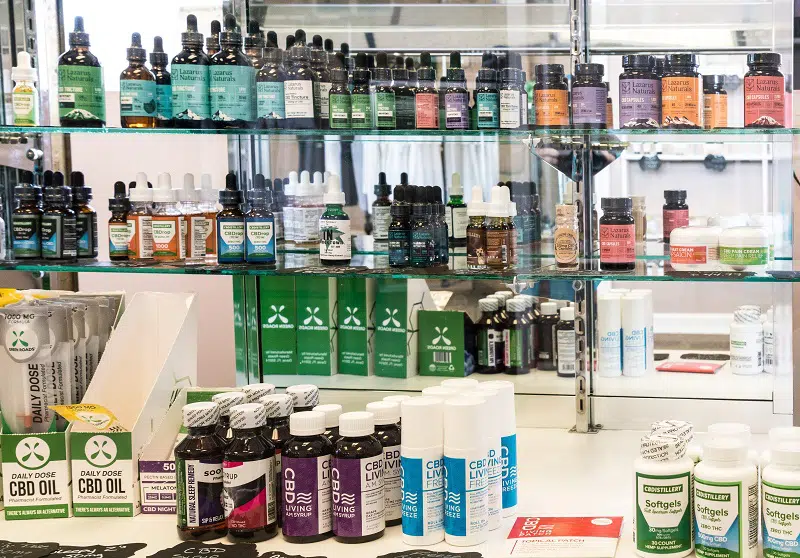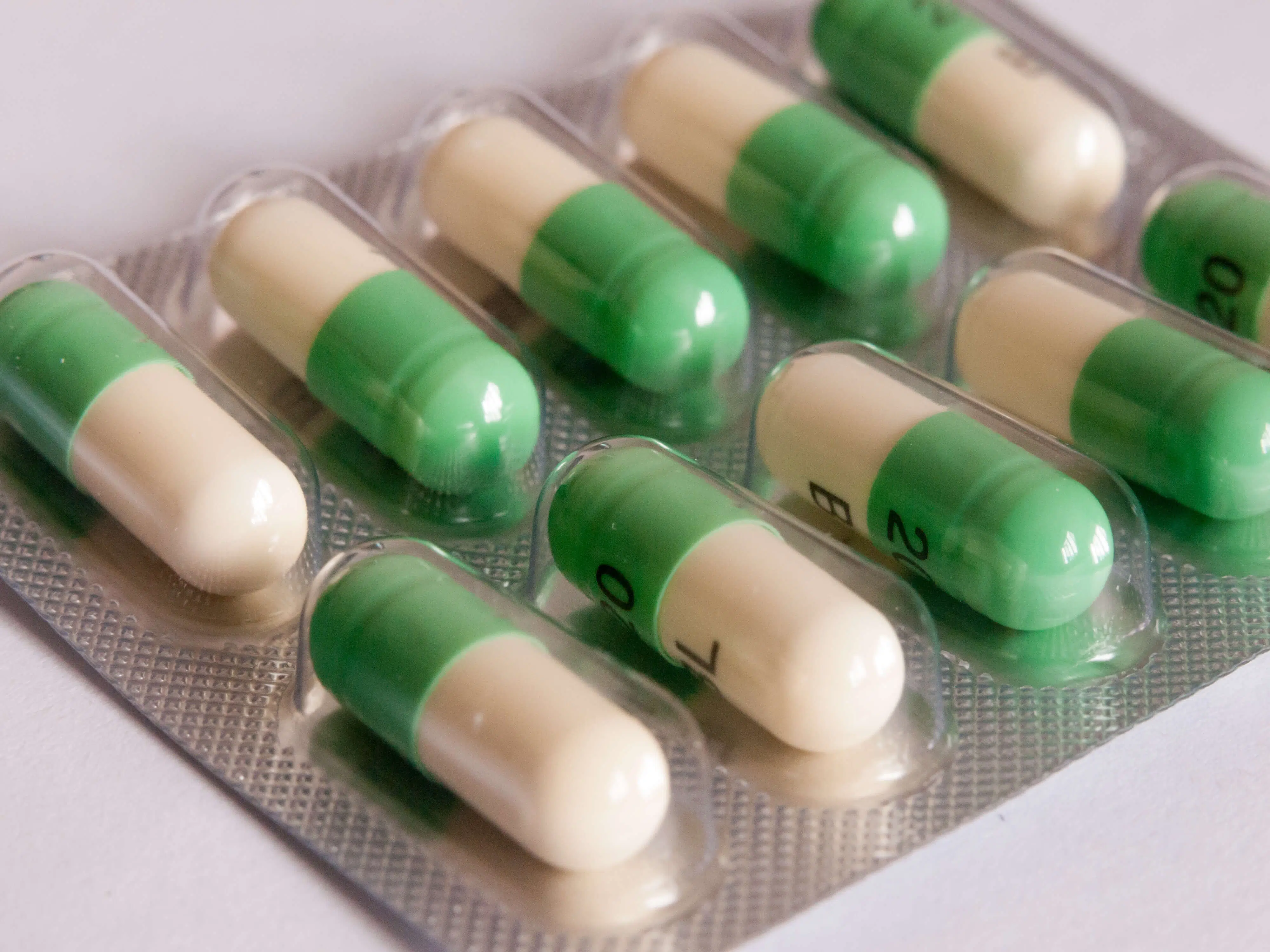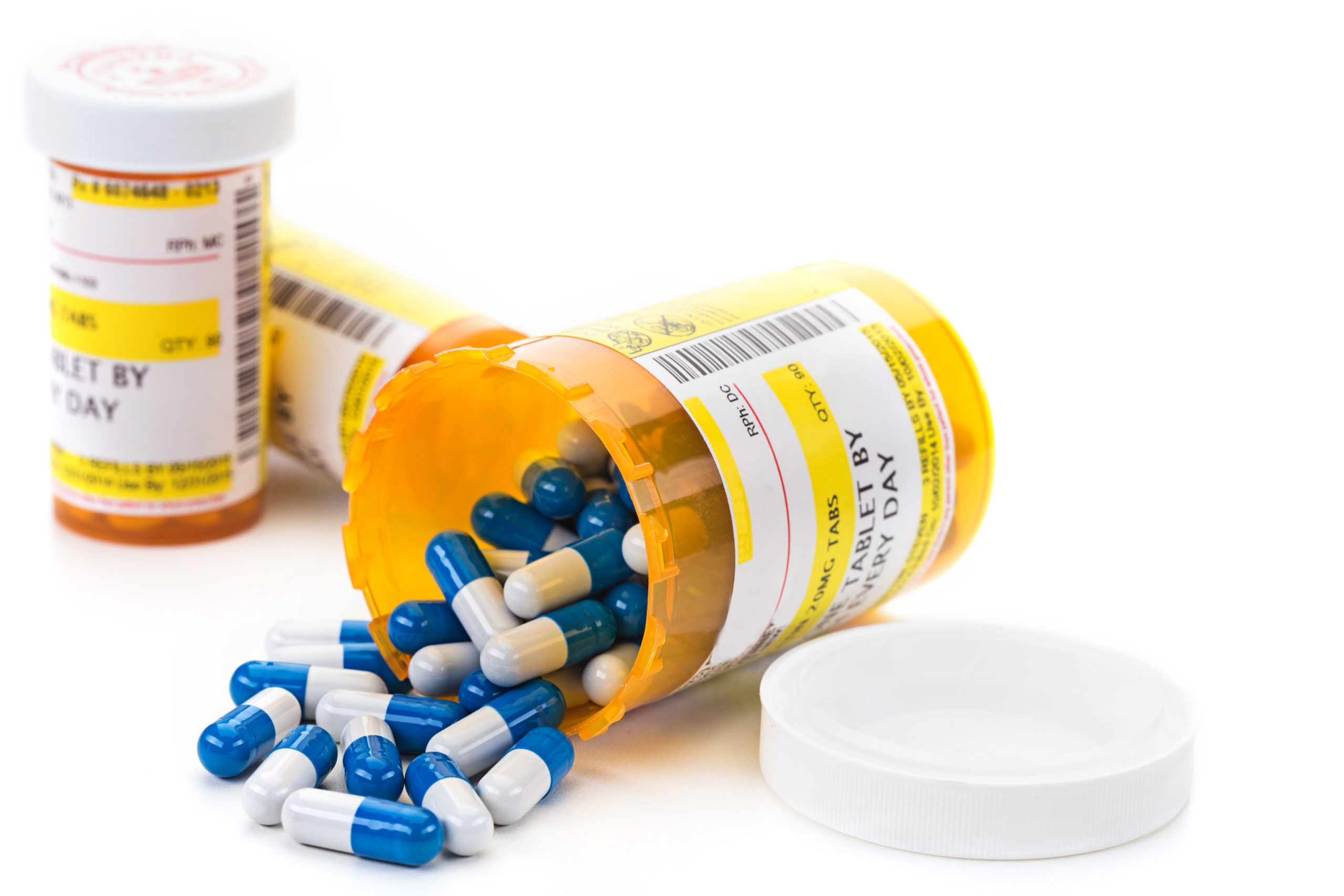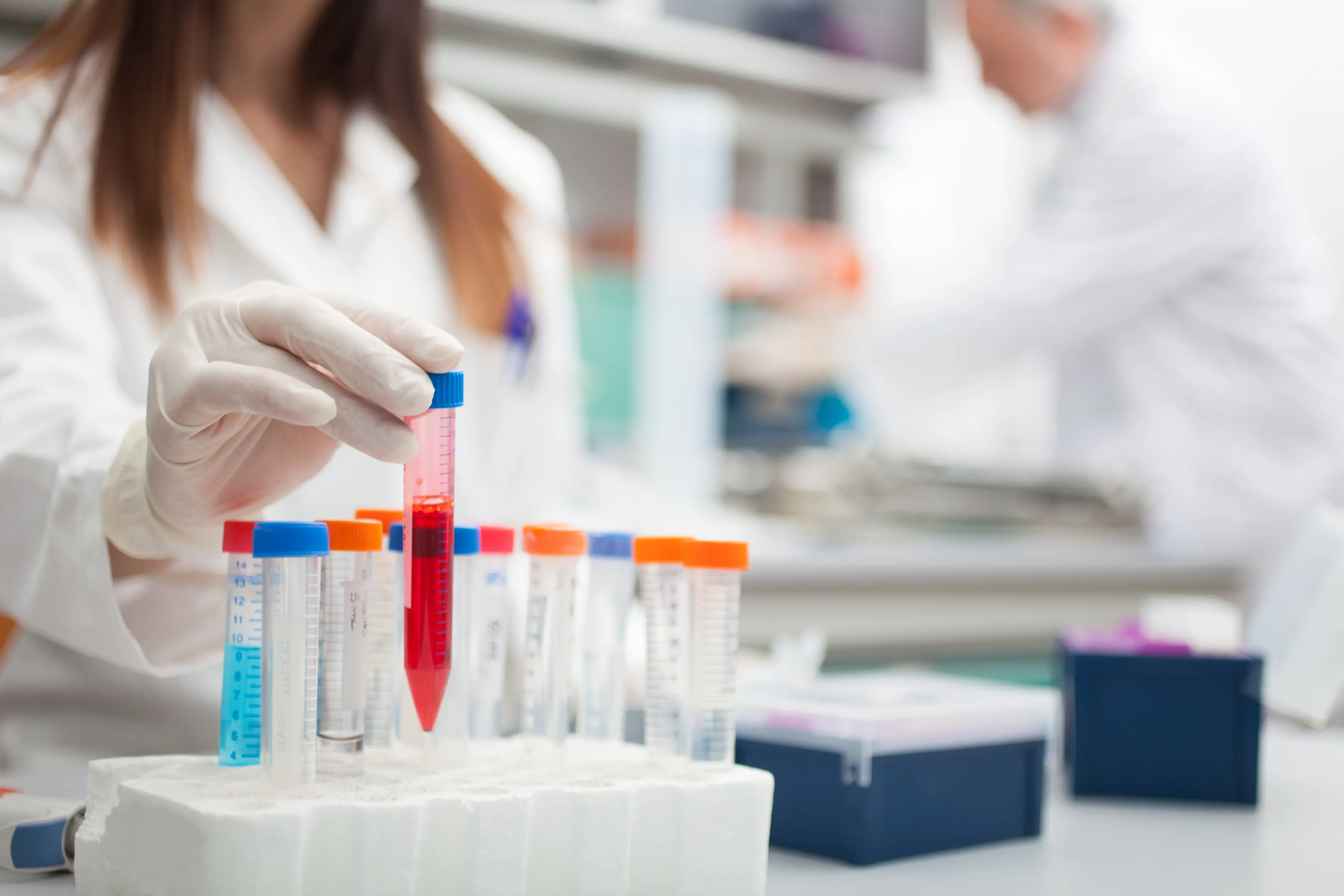-
- Market Research
- |
- CBD Near Me
- |
- Giveaways
- |
- Newsletter
- |
- Contact
- |
- Advertise
- |
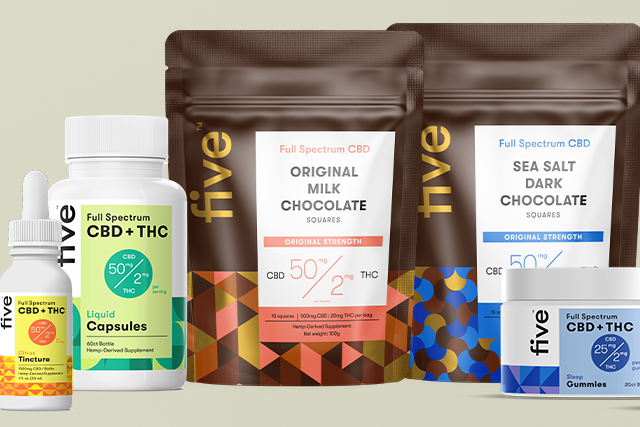
Here’s the latest CBD news:
- Five CBD has revamped their packaging design and unveiled a new sour CBD gummy.
- Charlotte’s Web’s new dietary ingredient (NDI) notification for their full-spectrum hemp extract is denied by the FDA.
- A new study finds that CBD can offset some of the adverse effects of non-CBD epilepsy medications.
Five CBD Launches Sour Gummies Amidst Redesign
Up-and-coming CBD brand and Medterra subsidiary Five CBD has had a busy week between their revamped packaging design and the unveiling of a new sour gummy.
Where the old packaging designs were more simplistic, showcasing solid blocks of color overlaid on a stark white background, the new designs feature bichromatic and trichromatic patterns (wavy lines, prisms, etc.) and the measured use of non-white backgrounds.
Like the vast majority of their products, the new full-spectrum sour gummies contain CBD and THC + minor cannabinoids at a 5:1 ratio, which is double or even triple that of most competing brands.
Each gummy contains 25mg of CBD and 2mg of THC, and the product is currently available in either a 20-count or 60-count tub.
For more information on Five CBD and their high-potency products, feel free to consult our Five CBD review.
Charlotte’s Web Request for Dietary Supplement Status Turned Down by FDA
In a bid to include their full-spectrum hemp extract in the legal definition of a dietary supplement, Charlotte’s Web submitted a new dietary ingredient (NDI) notification to the FDA earlier this year but was recently denied this request.
A letter penned by Acting Director of the Office of Dietary Supplement Programs Cara Welch informed Charlotte’s Web that their request clashed with several provisions in the existing legal code governing dietary supplement approval.
Per the letter, “The term ‘dietary supplement’ … (3) does … (B) not include – (i) an article that is approved as a new drug under section 355 of this title … or (ii) an article authorized for investigation as a new drug … for which substantial clinical investigations have been instituted and for which the existence of such investigations have been made public.…”
In other words, the FDA is disqualifying CBD from the dietary supplement definition because CBD has been deemed (by this same agency) a new drug, thanks to CBD-based seizure medicine Epidiolex.
Also, substantial clinical investigations have been made, and they’ve certainly been made public, which strengthens the FDA’s position further.
Finally, ignoring these issues, the letter went on to poke holes in the data provided by Charlotte’s Web, stating “These categories of evidence had deficiencies on their own and, even when all of the evidence was considered as a whole, the notification failed to show that the NDI will reasonably be expected to be safe.”
In other words, even brands that can produce sufficient evidence may have to wait for the FDA to reclassify CBD, because if it’s always filed under “new drug” because of Epidiolex, then research alone won’t win dietary supplement status.
The US Hemp Roundtable, the nation’s largest hemp advocacy organization, expressed their disappointment in the FDA’s rejection in a statement, saying, “The U.S. Hemp Roundtable is deeply disappointed to witness FDA’s rejection of two dietary ingredient notifications (NDINs) recently submitted for full spectrum hemp extracts.”
The organization also held the FDA responsible for any dangers associated with CBD: “When held to the same regulatory standards as other dietary supplements and food ingredients, hemp-derived CBD products have a strong safety profile; the dangers to consumers are only posed by the unregulated marketplace that FDA continues to propagate.”
Finally, the Roundtable called for Congress to step in and “pass legislation to ensure that CBD products are held to the same standard as all dietary supplements and food ingredients, and to reject an NDIN-only path.”
Study: CBD May Reduce Adverse Effects of Antiepileptic Medication
Whether the FDA-approved, CBD-based epilepsy drug Epidiolex is inaccessible to a particular epilepsy patient or if the patient has found success with a different medication, this study from Johns Hopkins University and the Realm of Caring Foundation makes a strong case for CBD supplementation.
According to the study, which recruited 280 experimental and 138 control group participants, “Artisanal CBD users reported lower epilepsy medication-related adverse effects than controls … as well as lower odds of meeting threshold adverse event scores than controls.”
The participants’ epilepsy- and epilepsy-medication-related symptoms were assessed using several different tests and measures, which yielded data on frequency of seizures, anger, anxiety, depression, skin health, dizziness, and more than a dozen other metrics.
After baseline assessments and initiation of CBD use (experimental group only) at the outset of the study, participants were requested to follow-up by completing the same surveys at three-month intervals.
The researchers then plotted all the data from the follow-up surveys and compared them to placebo group participants, concluding that CBD was more effective than placebo at addressing various medication-related adverse effects, including:
- Anger
- Concentration
- Dizziness
- Hair loss
- Memory
- Restlessness
- Sleep and sleepiness
- Unsteadiness
- Vision
The researchers concluded that these most recent findings are consistent with other similar research and support practitioners recommending CBD clinically for epilepsy patients.


